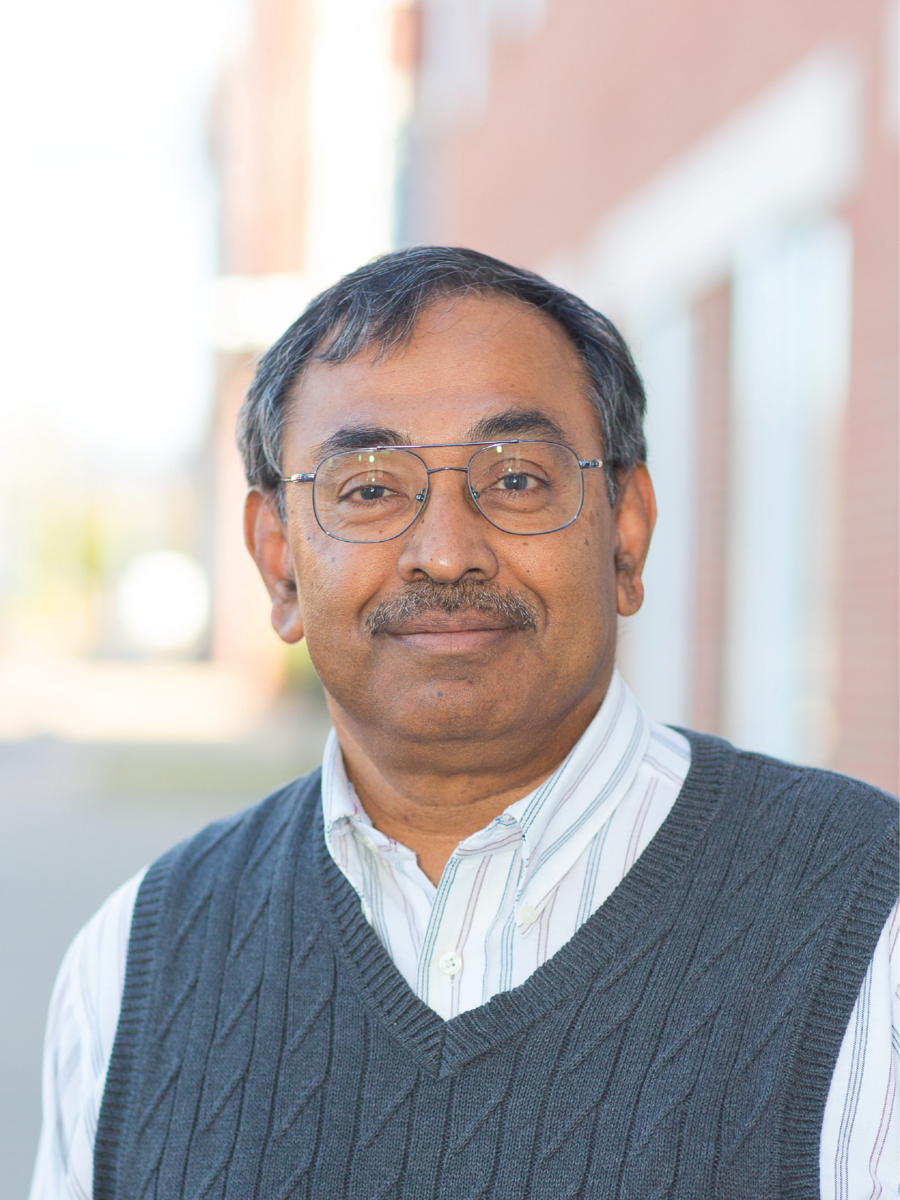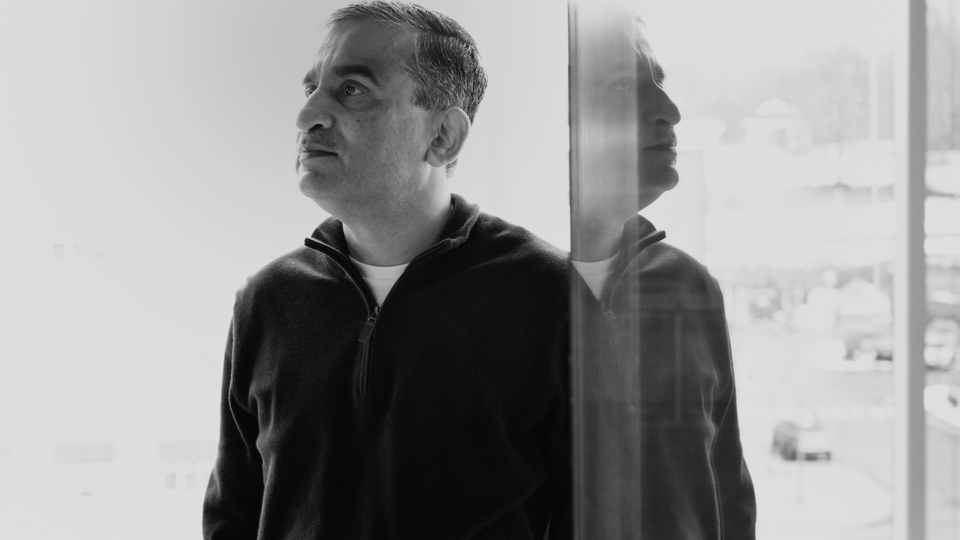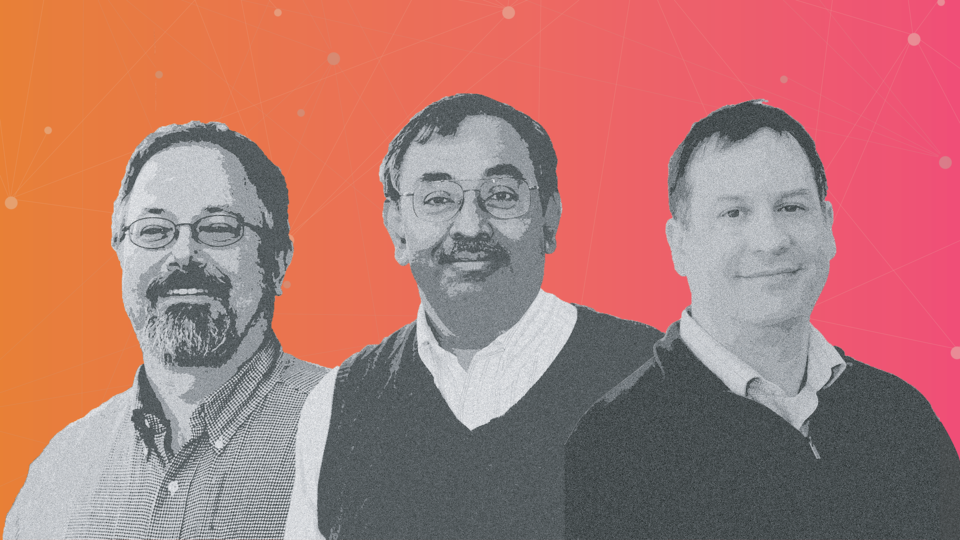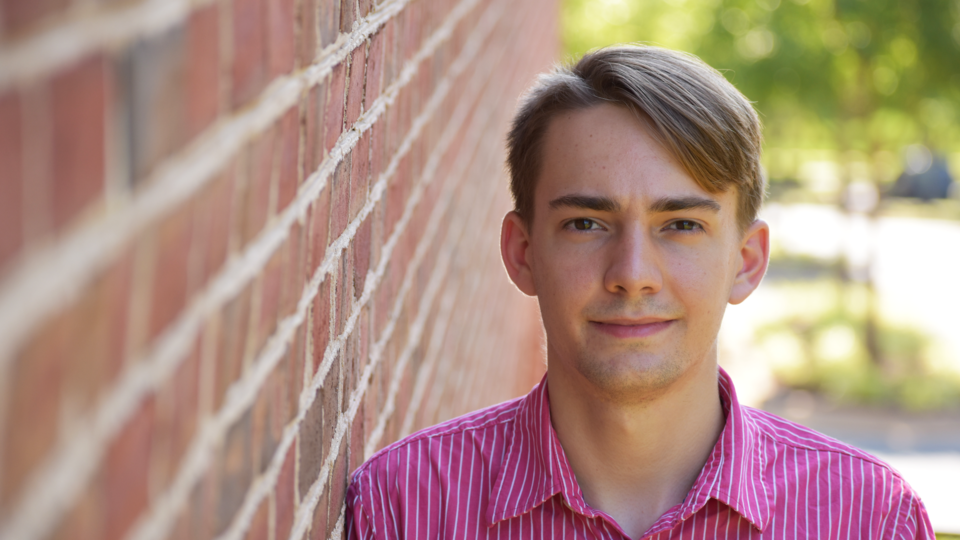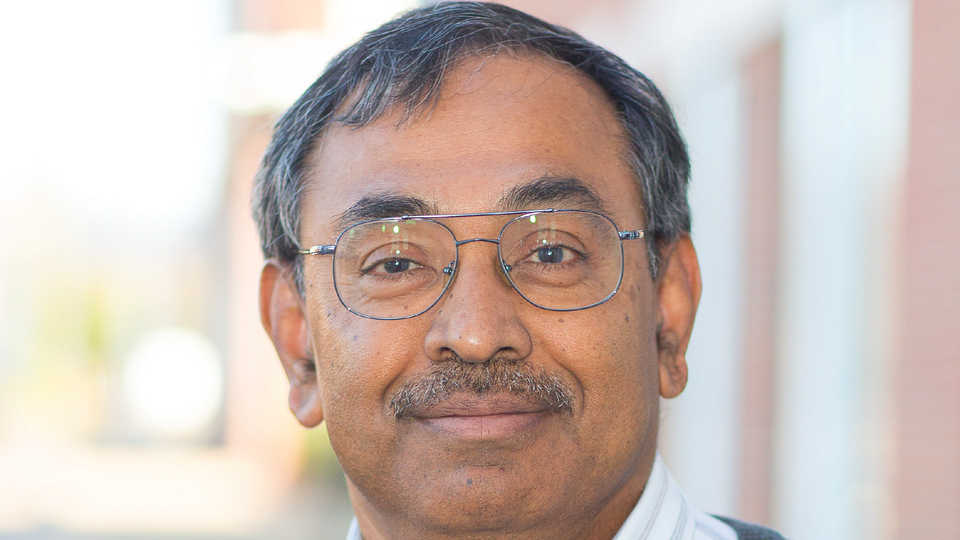Bio
S.S. Ravi is a research professor in the Network Systems and Advanced Computing division and a distinguished teaching professor in the Department of Computer Science at the University at Albany-SUNY.
-
Design and Analysis of Algorithms, Data Mining, Wireless Networks, Operations Research, Discrete Dynamical Systems, Fault-Tolerant Computing, Very Large-Scale Integration (VLSI)
-
University of Pittsburgh, Pittsburgh, Penn., Computer Science, Ph.D., 1984. Thesis Title: “Heuristics for PLA Folding: An Analytical Approach.” Thesis Advisor: Professor Errol L. Lloyd.
University of Pittsburgh, Pittsburgh, Penn., Computer Science, M.S., 1981.
Indian Institute of Science, Bangalore, India, Automation (Computer and Control Engineering), M.E., 1979.
Indian Institute of Science, Bangalore, India. Electronics and Communication Engineering, B.E., 1977.
Bangalore University, Bangalore, India, Physics, B.Sc. (Honors), 1974
Contagions, severe weather, natural disasters, civil unrest – whatever data scientists are forecasting using network models, simulation-based methods are often the most effective, according to researchers at the University of Virginia Biocomplexity Institute and Princeton University, whose findings were published in the paper, “Fundamental Limitations on Efficiently Forecasting Certain Epidemic Measures in Network Models,” by PNAS (Proceedings of the National Academy of Sciences).
Researchers from UVA’s Biocomplexity Institute and School of Engineering and Applied Science, working with a team of multi-disciplinary scientists from around the world, have spent the last two years developing highly advanced computational models designed to inform policy makers, save lives and prepare for future global epidemics.
What do hip-hop and hurricane evacuations have to do with network science? High school students learned the answers to that and more in an inaugural series of network science lectures, given by University of Virginia Biocomplexity Institute researchers Chris Kuhlman, Dustin Machi and S.S. Ravi at the annual Achievable Dream Summer Program.
Researchers at the University of Virginia Biocomplexity Institute are founding partners of a national research institute that will develop artificial intelligence-driven solutions for some of agriculture’s biggest problems: labor, water, weather, and climate change.
Henry Carscadden, a student-researcher at the Biocomplexity Institute, has been awarded the Louis T. Rader Undergraduate Research Prize in computer science.
As the COVID-19 global health crisis continues to unfurl worldwide, the questions around global pandemics are no longer “if” they will occur, but how frequent, widespread, and severe those that come next will become.
The University of Virginia’s Biocomplexity Institute was recently awarded a five-year $4 million collaborative grant from the U.S. National Science Foundation (NSF) to build a self-sustaining cyberinfrastructure (CINES – pronounced “science”) to serve as an open-source, web-based repository for developing, trading, analyzing, and sharing network science resources.
The use of artificial intelligence (AI) is everywhere. From making diagnoses in the medical profession to determining sentencing in court cases, we are increasingly relying on AI and machine learning algorithms to make decisions that can have a profound impact on people’s lives. As the use of AI becomes even more prevalent, how do we know that the algorithms and models used to make these critical decisions are correct, unbiased, and reliable?
